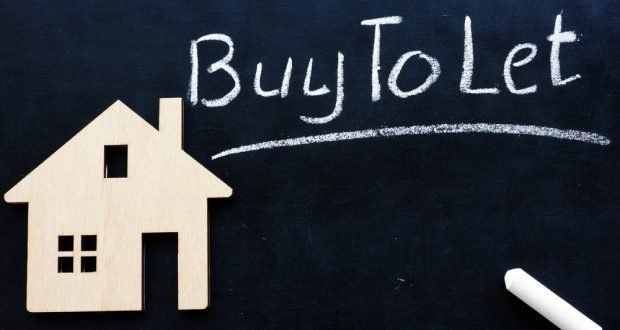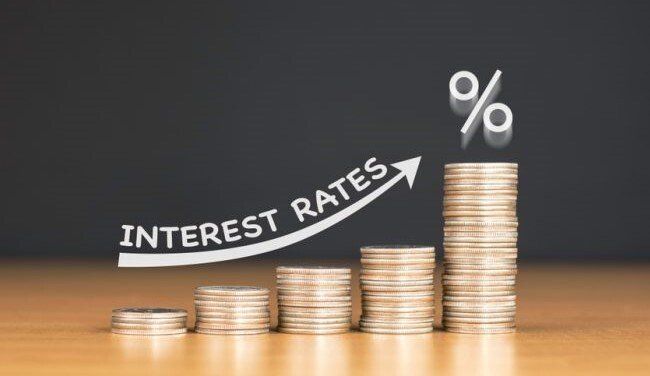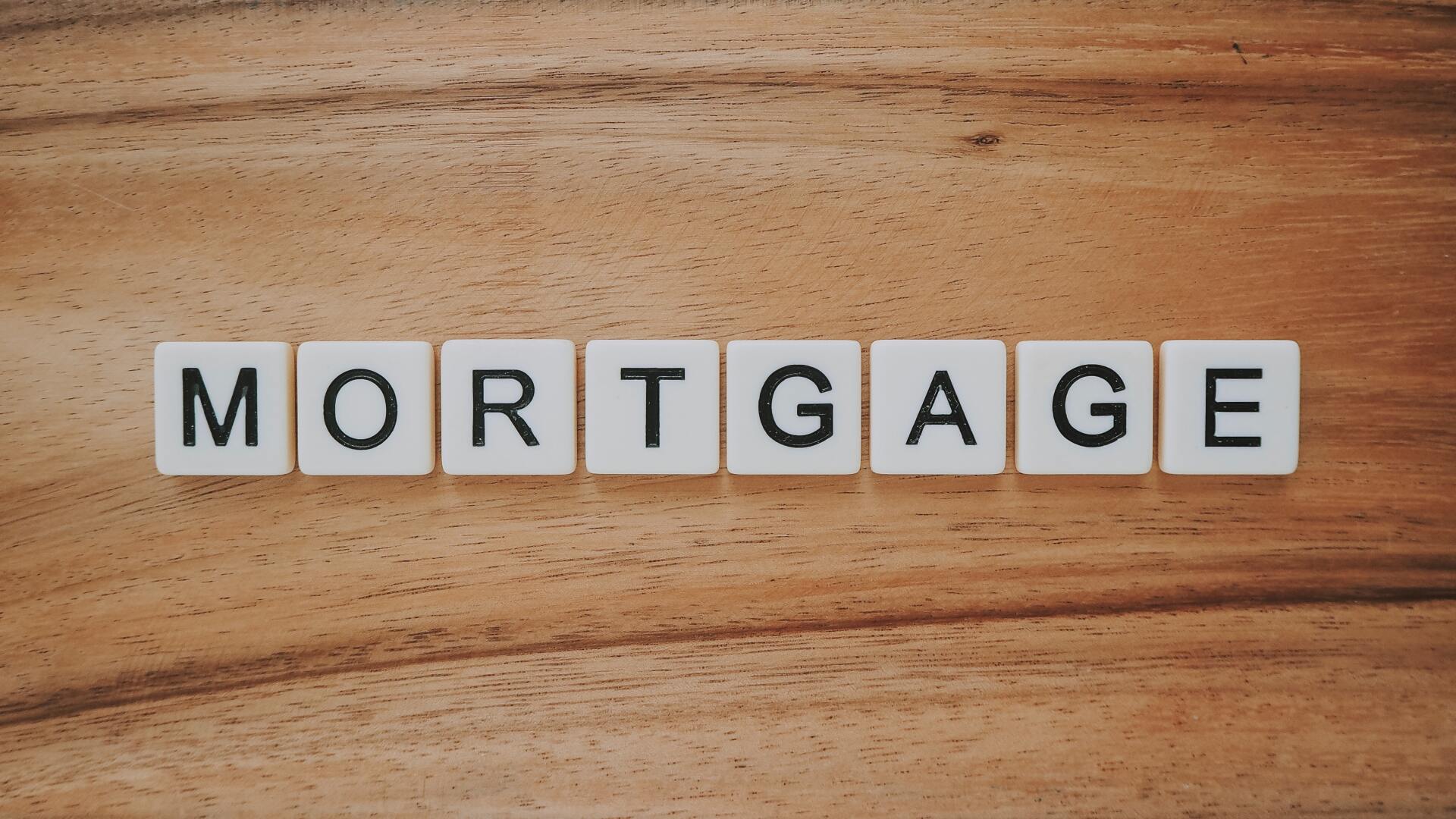What is a Buy to Let Mortgage? Everything You Need to Know
If you plan to rent out a property, you’re going to need a buy-to-let mortgage. And there are some key differences between buy-to-let and ordinary mortgages that can potentially make it more difficult to buy a property for rental purposes. At Finance Remedy we’re here to make the entire process easier for you. We’ll turn the confusing and stressful abundance of information available into a clear cut and exciting plan.
This blog post is designed to provide an in-depth introduction on buy-to-let mortgages. From interest rates to affordability criteria, to finding a buy to let mortgage calculator and understanding how much you can borrow, here is everything you need to know.
Who can get a buy-to-let mortgage?
There are certain criteria under which you can can get a buy-to-let mortgage:
- You already own your own home, outright or with an outstanding mortgage.
- You want to invest in houses or flats.
- You can afford to take and understand the risks of property investment.
- You have a good credit rating and aren’t stretched too much on your other borrowings, for example, credit cards.
- You earn a certain amount, typically £20,000-£25,000 a year (if you are earning less than this it is still possible but you may find it more difficult to get a lender to approve your buy-to-let mortgage)
What is different about a buy-to-let mortgage?
Mortgage providers see buy-to-let mortgages as higher risk than residential mortgages. Often because landlords are faced with problems like rent collection and the possibility that your property will not be constantly occupied. Tenants also have lots of legal protection under tenancy rights.
With higher risk involved you often need to pay a larger deposit, usually at least 25% of the total value of the property, depending on the lender and type of mortgage. Other fees like arrangement and interest also tend to be higher too when taking out buy-to-let mortgages.
As most buy-to-let mortgages are interest-only, landlords usually only pay monthly interest payments, rather than repayments on the full capital amount itself. This means you pay lower monthly payments, but the mortgage must be repaid in full at the end of the term. This often gives landlords useful additional income.
Most landlords will settle the outstanding mortgage by selling the property, although it is worth considering that if house prices have fallen since the time you bought the property you will have a shortfall to pay.
Alternatively, some landlords will invest in property for the capital growth and make full capital mortgage payments (not just the interest) so that it is fully paid off at the end of the term. This is a great way to leave assets for children in the future.
Holiday Let, AirBnB
This is a relatively new area for lenders which has taken off even more in recent months due to Coronavirus causing a spike in demand of people looking to holiday in the UK. There specific products available for this type buy to let where you can buy a holiday home for your own use and rent out the rest of the time.
Buy to let mortgage rates
Usually lasting between 2-5 years, a fixed rate mortgage deal means your monthly interest payments will stay the same for a se period. This gives you the security of knowing exactly how much you have to pay each month, so you can pass this onto your tenants by guaranteeing their rent won't increase.
However, the rates are usually set slightly higher than variable rate mortgages, and you won't benefit from any falls in the interest rate. Once this fixed rate period is over you’ll automatically roll onto your mortgage provider's standard variable rate and these rates are usually some of the most expensive, so you should start looking for a new deal before the end of your term.
Often your lender's default plan, the rate which you will normally be moved onto once your other deals expire. As mentioned above these are often the most expensive mortgage deals on offer, with the highest interest rates.
If you are on an SVR it’s key that you shop around to find a better deal, which can do without incurring an exit fee. But until then the lender can also change this rate at any time.
A tracker mortgage has variable rates, dependent on the Bank of England's base rate. This means setting your interest rate at a certain level above theirs, and your monthly payments could go either up or down.
So if the Bank of England raises their interest rates, you’ll be hit with higher monthly payments. However, you could benefit from lower payments if the base rate drops.
These mortgages are set at a fixed rate below your lender's standard variable rate. So if your SVR is set at 5% and your discounted rate is fixed at -2%, you will be paying at a 3% interest rate. Discounted rates always move inline with the SVR, so you’ll be subject to the same rises.
They also only last for a specific period of time, usually around 2 years. So after this deal has expired you’ll be back on the SVR.
What else should I consider when getting a buy to let mortgage?
Using a letting or estate agent to manage your property means incurring letting agent fees.
These should be factored into your budget, but they can of course save you time and effort by carrying out credit checks on your tenants, writing contracts and chasing unpaid rent. They can also help ensure the rented home is safe and up to the correct living standards.
The cost for this type of ongoing management can be between 10-15% of your monthly rental income.
- Plan for times with no tenants
Don’t assume your property will always be rented. There will almost definitely be periods when your property is unoccupied or rent isn’t paid and you’ll need to have a financial backup to make sure you’re meeting your mortgage payments.
When you do have rent coming in, use some of it to top up your savings.
You will also need savings for bills. If the boiler breaks down, there’s a blocked drain or any other issues with the property then you’ll need to be ready to pay for repairs.
Also known as buy-to-let insurance, this provides cover for your property, it's contents and landlord liability. Most mortgage providers offer buildings insurance, which will cover your property in the event of fire or damage. Contents insurance is not mandatory but will cover any existing furniture you have in the property, including curtains and carpets.
You do not have to insure the contents belonging to your tenants, this is their own responsibility.
Landlord liability covers you if a tenant or visitor dies or is injured on your property. This is also not mandatory in most cases, but some areas of the UK do require you to have landlord liability, especially if you're renting to students.
- Don’t rely on selling the property to repay the mortgage
If house prices fall, you might not be able to sell the property for as much as you’d hoped. Don’t assume you’ll just be able to sell the property to repay the mortgage because if this happens, you’ll be left to make up the difference on the mortgage.
Buy-to-let and tax
- Stamp duty on buy to let properties
New stamp duty rates are in effect until March 31st, 2021, so if you’re buying property or a second home you’ll still need to pay an additional 3% stamp duty surcharge on properties up to £500,000, with even higher rates above this threshold. This means stamp duty on a buy-to-let home costing £200,000 will now be £6,000.
Previously, landlords were able to off-set mortgage interest and buy-to-let mortgage arrangement fees against their income tax bills, at up to 45%. But this tax relief has been reduced and phased out over the past few years, and is now capped at 20%. This is only an issue at the moment if you are a higher-rate tax payer.
How much can I borrow for a buy-to-let mortgage?
Finally, down to brass tacks.
The maximum you can borrow is linked to both your deposit and the amount of rental income you expect to receive. Lenders will need your rental income to be 25–45% higher than the interest only mortgage payment. This is an important factor when looking at buy-to-let mortgages and worth talking to an experienced advisor like Finance Remedy about this area and they can run it through their buy to let calculator.
Also, do your research, search online, talk to local letting agents and find out how much similar properties in the area are rented for.
Anything else I should look out for?
Yes definitely!
Amongst other things - look out for both the type of property AND the type of tenant!
In terms of property - some lenders will not lend on certain construction types, high-rise flats above a certain number of storeys, some ex-council properties, flats above commercial premises etc.
In terms of tenants - there are different products and regulations for different types of occupiers. For example, for houses of multiple occupation (HMO’s) and even properties rented to family members there are specific products that often come with higher interest rates.
Potential buy to let investors should consider both the type of property and the type of tenant when considering a property purchase.
Buy to Let Mortgage Advice



